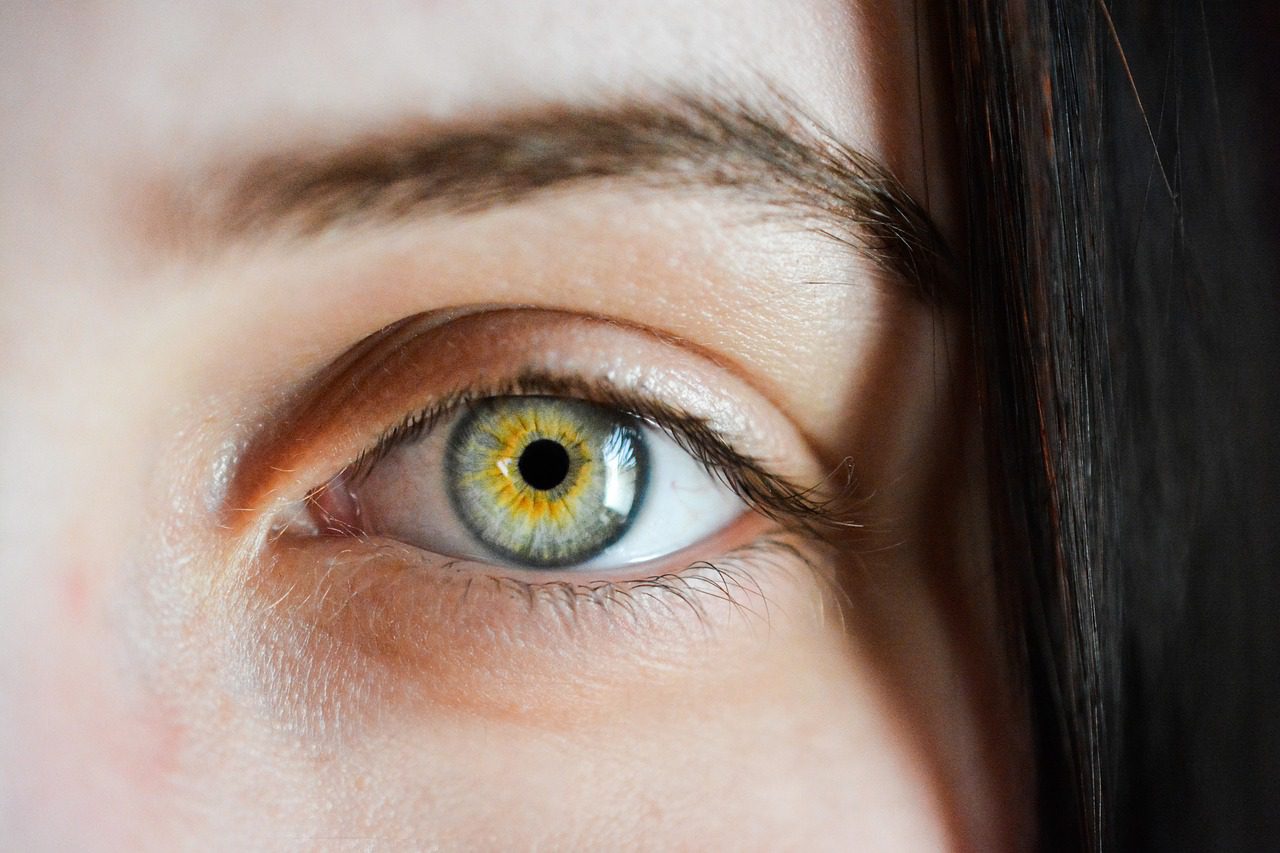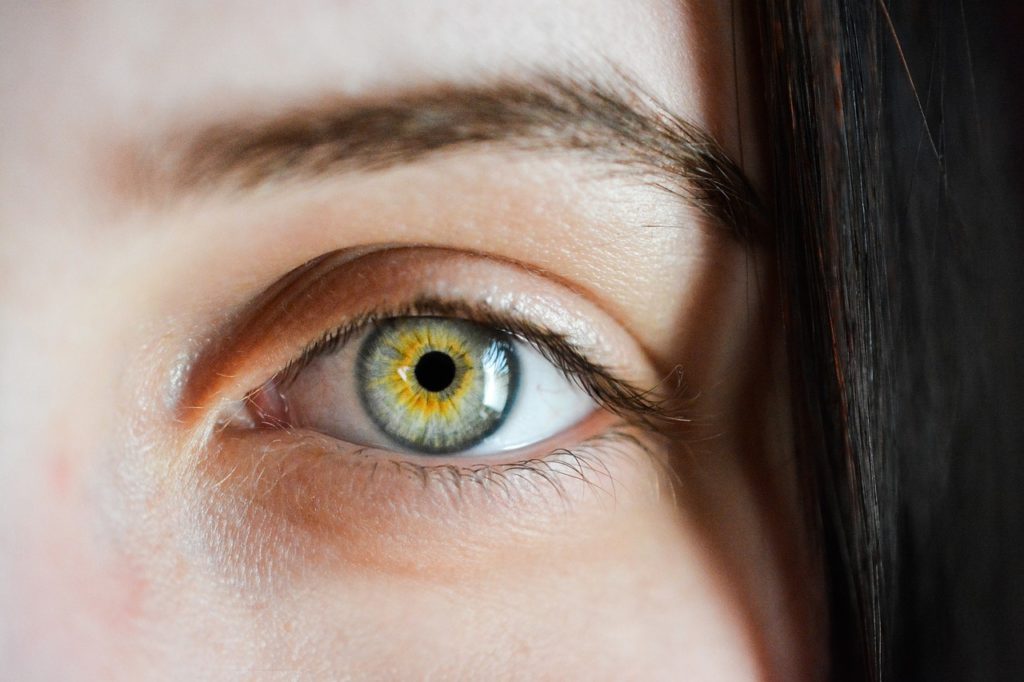

We all want healthy eyes but you’d be surprised how much we unintentionally harm them. There are plenty of things that we do to our eyes which can cause infections and injury. Here are some everyday bad habits that can damage your eyes.
Touching and rubbing your eyes
Rubbing your eyes can cause inflammation around your eyes, causing them to become extremely irritated while making you feel like you need to rub them more. Rubbing your eyes too much can also cause them to become bloodshot by rupturing the blood vessels.
Rubbing or touching your eyes, especially before you wash your hands, also puts your eyes at risk to serious infections from bacteria and viruses. This bad habit could lead to eye health issues such as pink eye and keratoconus, a serious eye disease that affects the cornea.
If you are rubbing your eyes because it feels like dirt or grit is in your eye, you may be experiencing Dry Eye Syndrome. Left untreated, Dry Eye Syndrome can cause blurred vision and potentially damage your cornea. See your eye doctor as soon as possible if this condition gets worse or continues.
Not replacing your contact lens case
Did you know that you should replace your contact lens case once every 3-4 months?
Over time, bacteria can build up in your contact lens case; even if you are changing the solution regularly. Those germs can multiply and get onto your contacts and eventually on your eyes, potentially leading to serious infection.
Have you been using the same old contact lens case for years? Then it’s definitely time to swap it out! Professionals recommend switching your contact lens case about as often as you switch your toothbrush, about every 3-4 months.
Never taking a 20/20/20 break
Prolonged exposure to electronic screens can lead to your eyes developing dry eye or eye strain, especially if you are viewing digital screens in the dark. Uninterrupted screen viewing can also lead to blurred vision, headaches, dizziness, and nausea.
Apply the 20/20/20 rule to your eyes. Every 20 minutes, take a break and look at something 20 feet away for 20 seconds.
Eating an unhealthy diet or smoking
Keep your eyes healthy by making sure your overall health is being maintained. Try to include foods such as leafy greens (like spinach and kale), citrus fruits, nuts, and fish that are packed with Vitamin A, C, and E, zinc, lutein, and omega-3 fatty acids.
Smoking is one of the worst habits for your eyes. Studies show smoking increases the risk of cataracts, glaucoma, age-related macular degeneration, and Dry Eye Syndrome. For the sake of your eye’s health, please quit smoking.
Using water (or saliva) to rinse your contact lenses
Using tap water to clean or store your contacts is a very bad idea, considering the amount of harmful microorganisms in there. Doing so puts you at risk of serious infections such as Acanthamoeba keratitis, which can leave you permanently blind.
Using saliva on your contacts is never a good idea either, thanks to the level of bacteria and other germs that live in your mouth!
Not wearing sunglasses when outside
Sunglasses aren’t just for sunny days, they block harmful UV rays from reaching your eyes. UV rays can cause eye damage over time, as an estimated 20% of cases of cataracts are caused by extended UV exposure.
Sunglasses also help minimize the other negative effects of bright sunlight, such as headaches, red eye, and blurred vision.
Daily over-the-counter eye drop use
If you are using non-prescription, over the counter eye drops daily because your eyes are red or dry, you should absolutely consult with your eye doctor. Eyedrops that promise to “get the red out” might actually make your eyes more red and even irritate them over time.
Forgetting eye protection
Considering that 40% of eye injuries are caused when working around the home, individuals engaged in activities that put their eyes at risk to injury are always advised to wear proper protection. Whether you are working on a home improvement project, mowing the lawn, or playing an active sport such as tennis or racquetball, it’s important that you are wearing some sort of eye protection. While impact-resistant glasses may help, it’s best to wear safety goggles or other recommended eyewear specifically designed to help protect your eyes from impact and debris.
Swimming without goggles
Goggles are important for both seeing underwater and protecting your eyes. Exposing your eyes to either fresh or salt water can allow potentially harmful microorganisms, bacteria, and debris to enter your eyes, leading to infection and irritation. Chlorine in swimming pools can also leave your eyes bloodshot and burning, so be sure to protect your eyes with goggles when you are swimming in any environment.
Sleeping in contacts
Sleeping in your contact lenses can become a serious issue to your eye health, potentially leading to infection, corneal ulcers, and possibly permanent eye damage and loss of vision. Sleeping in your contacts impairs the oxygen flow to your cornea, which can lead to keratitis, a painful inflammation of the cornea. Always remove your contacts before bed, and call your eye doctor immediately if your eyes ever become painful or irritated.

